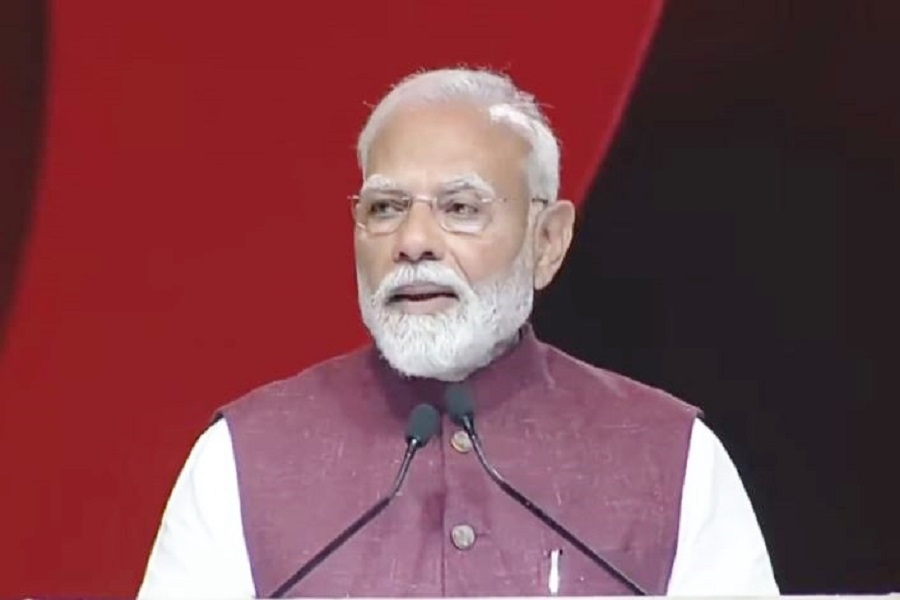Funding crunch a talent crunch for fintechs; only the resilient will survive

The story of fintech unicorns in India started way back in 2015 when Vijay Shekhar Sharma's Paytm became India's first fintech unicorn.
Since then, as of June 2022, the total tally of fintech unicorns in India is 21, second only to ecommerce's 24 unicorns.
Fintechs have been publicly talking about the gap in the talent available and the skill needed to grow the industry. However, the cash crunch will make the talent crunch worse. Only the tough ones will survive.
Like any sunrise industry, the mad race to raise and burn capital hit Fintechs as well over the last couple of years. Consequently, a lot of companies are not going to be able to raise money.
Venture capital firms have hit the brakes on writing new checks as they grow cautious about the dwindling market conditions globally. Therefore, industry leaders are expecting massive consolidation in the Fintech market over the next 24 months.
Even for those that are well-capitalised, the change in market conditions will imply a renewed focus on profitability. The question here is whether the original raise was basis inflated valuations or not.
For example, a $500 million raise on sub $20 million of revenue could be bad news. Only companies that have real revenues will see this period through.
Pratik Gandhi, Co-Founder of payments unicorn NIUM echoes the above sentiment. "World over, the investors are losing the appetite to fund. In a falling market where there is risk of recession, there is expectation that valuations can fall further.
The times when Fintechs could raise funding without any real revenues on the books are now past. Fintechs will now have to focus on profitability rather than working only on acquiring market share at any cost."
NIUM is valued in excess of $2 billion andAone of those fintechs with actual revenue on the books. "We expect that we will likely be able to take advantage of the opportunity posed by the markets because of a strong business model and cash on books," adds Pratik Gandhi.
Clearly, over the next couple of years, what will matter most is a growing and paying customer base, better financial literacy and the ability to counter volatility with long-lasting value. But in order to offer this, the sector needs 'true innovation' and Fintechs need breakthrough talent in order to achieve that.
The talent war this time around is more brutal because free money to hire and experiment has dried up. Many Fintechs have started laying off people.
Gold loans provider Rupeek has laid off 200 workers. Canadian fintech giant Wealthsimple, which was valued at $4 billion as of last year, is laying off 159 people -- or about 13 per cent of its staff.
New York-headquartered fintech startup Daloopa with presence in India recently laid off around 40-50 employees from its Noida office.
On the other hand, good talent is being wooed with aggression.
Standard Chartered's Kahina Van Dyke says, "The war for talent is over. Talent has won," indicating that these layoffs will make room for people who can actually move the needle towards offering products that build transactions.
This is especially challenging at a time when expectations of human beings have changed and in this moment of transformation, spurred on by the Covid-19 pandemic, people have re-examined what is important to them and are no longer willing to put in 90-hour weeks in rigid and conforming work environments.
The question is, will Fintechs that solve the talent crunch, manage to solve the cash crunch?
How dependent is one on the other? Let's wait and watch.




















